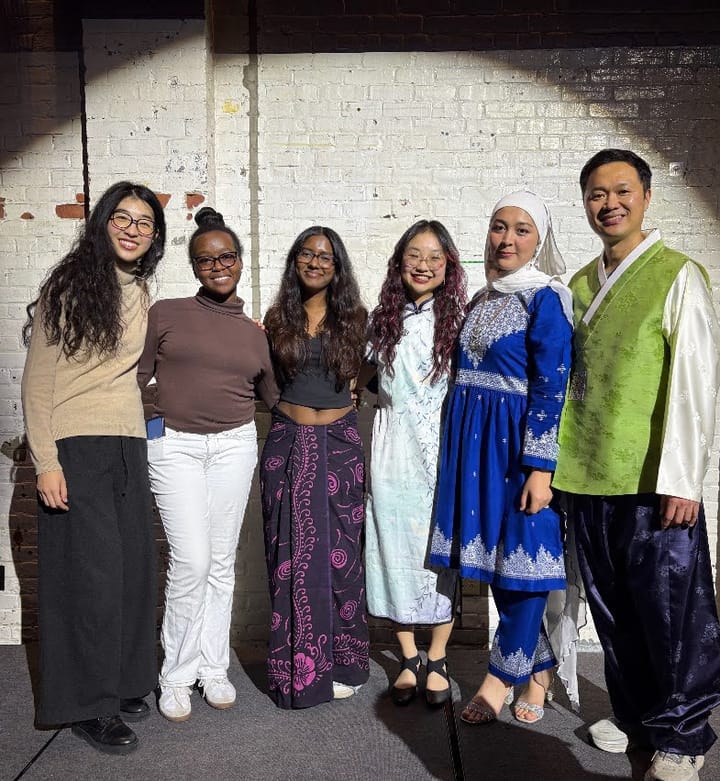Poet Phillip B. Williams Creates Community Through Amherst Books Poetry Reading
In a quiet nook of Amherst Books, a crowd gathers amidst a cozy feeling of togetherness. Casual conversation punctuated with laughter fills the atmosphere with an excited energy for the guest: Phillip B. Williams. Williams, a profound poet with a personable presence, greets the crowd with a “Hey y’all” — immediately inviting us to join his poetry reading. We were no longer just a speaker and a crowd, but rather a community, sharing in his prose and poetry. In his poetry, specifically his 2016 book of poetry “Thief in the Interior,” Williams addresses lynching, gay rights, religion, civil rights, the Miranda rights and what it means to be a witness. He spans time effortlessly, projecting a powerful voice and drawing essential aspects of what it means to feel.
Williams began writing poetry at six years old, which he believes was his attempt at imitating song lyrics. Later, in the third grade, he became a more conscious poet. Yet his main development occurred during his undergraduate years at Washington University in St. Louis, where he graduated with a Master of Fine Arts. He is the winner of numerous awards, including the 2017 Kate Tufts Discovery Award and a 2017 Lambda Literary Award for “Thief in the Interior.” He now teaches at Bennington College in Vermont. In an attempt to lighten the heavy nature of his subjects, Williams warned the crowd of the corny interludes that punctuate his poems. His writing emerged in short bursts of intensity with intermissions in which he kept the crowd laughing and on their toes. He proceeded to read several poems from “Thief in the Interior,” his voice ringing out clearly in rhyme as he began with “Do-Rag” and moved through “Apotheosis,” “Sonnet with a Cut Wrist and Flies” and “Eleggua and Eshu Ain’t the Same.” He described the process of writing this book of poetry as “painful” and “purging.” Williams emphasized that pain is seemingly endless, saying “these feelings will never end … This book won’t end this feeling.” Such a statement rings true when reading as feeling bleeds from the pages of his poetry.
His newest project diverges from poetry. He is working on an untitled novel that delves into the separation between the mystical and the living in the afterlife of slavery. Williams joked about not having the technical creative fiction writing experience as he had with poetry, but promised to break many rules as he progresses to this next stage in his intellectual journey. “Writing poetry helps me write novels,” Williams said, emphasizing the value of poetry in his writing. He explained that his perspective as a poet allows him to pay closer attention to things that might be overlooked. He then treated the audience to an excerpt from his piece, drawing the distinct image of a powerful woman with magical abilities similar to a conjure woman, but stronger. The novel is set during the Civil War and revolves around a woman and her two daughters. Through magic, the woman creates a community that is protected from white people. Williams’s story depicts the interactions and relationships between these individuals that exist in such a space. Williams notes that in giving a character so much power, a writer must also give them just as much accountability and responsibility — a challenging feat that Williams is sure to conquer with his genuine contentiousness. To quote Williams’ own words in his poem “Eleggua and Eshu Ain’t the Same,” Phillip B. Williams truly has a “river in [his] head.” His writing swims with marvelous complexity, activism and passion for others.




Comments ()